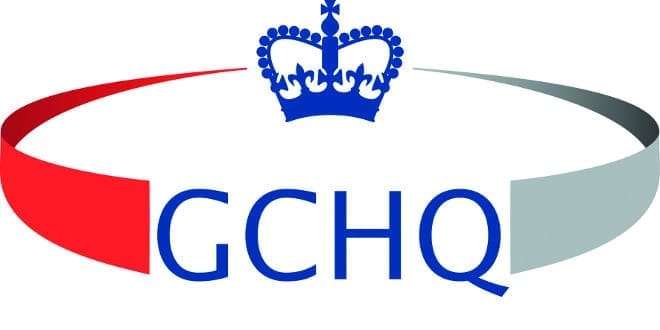Privacy International, an organization fighting for privacy and against mass surveillance, wants to help you find out if your private data was illegally shared with the GCHQ. Simply give them your name and an email, and Privacy International will go to court on your behalf to find out if the GCHQ has any illegally obtained information on you, and if so to have it deleted.
This is all made possible by a recent court ruling in the UK regarding intelligence sharing between the NSA and the GCHQ. The tribunal found that GCHQ acted unlawfully when accessing private communications collected by the NSA before December 2014, because the rules governing the information sharing were secret. The implication of this ruling is that the illegal activities of the GCHQ stretch back decades to UKUSA Agreement, which in 1946 began the secret intelligence sharing between the two countries. The rules governing this information sharing have remained secret all this time.
Although the GCHQ is a British intelligence agency, this ruling may bring benefits to non-citizens of the UK. This illegal collection of data violates Article 8 and Article 10 of the UK Human Rights Act, and the government is bound to respect these rights even for non-citizens, so anyone in the world can bring forward a case on this matter. Due to the extensive nature of the NSA's surveillance and the volume of information that was shared between the NSA and the GCHQ, there are people all over the world eligible to bring a case against the GCHQ.
The GCHQ had intermittent access to the NSA's PRISM program, which collects data from some of the largest tech companies in the world, including Microsoft, Google, Facebook, and Apple. They also had access to the CO-TRAVELER program which collects 5 billion locational records a day, and DISHFIRE which collects 194 billion text messages a day. Due to the large amount of data that is being shared, an ex-GCHQ member estimated that 95% of the data handled by the GCHQ is American.
Privacy International is quick to point out the limitations of this recent ruling. Right now they can only find out about data that was shared by the NSA with the GCHQ, but not the other way around, nor do they have any way of finding out about the GCHQ's surveillance activities. They are hoping to change this and bring more transparency to surveillance operations by the GCHQ and other intelligence agencies with ongoing court cases in the countries of USA, UK, Canada, Australia, and New Zealand, which collectively make up the Five Eyes, the largest surveillance and intelligence sharing network in the world.
Do you think this a positive step in the fight against mass surveillance? Leave your comment below.







